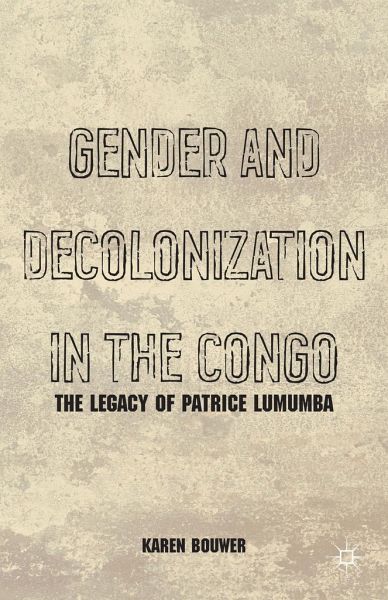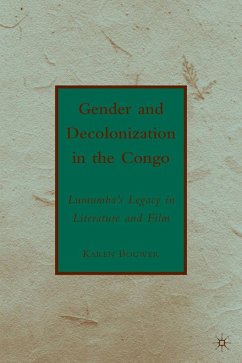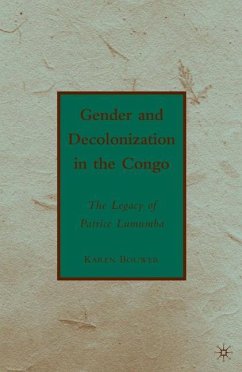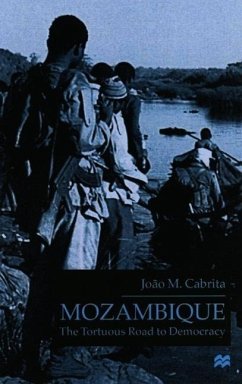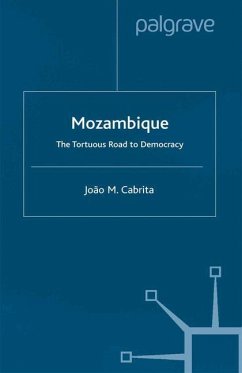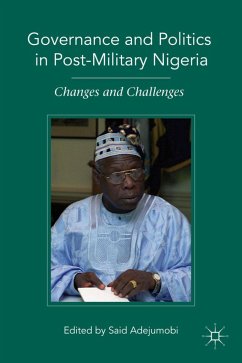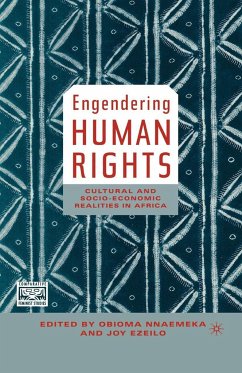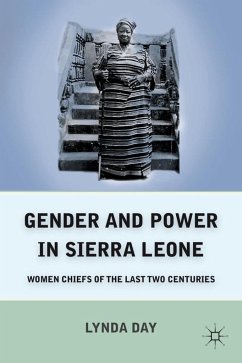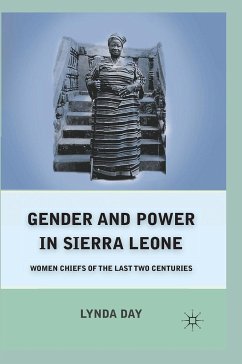"Bouwer draws on literary criticism, a thorough grounding in the historical literature, and her own interviews with one of Lumumba's wives in her efforts to use gender as a means of understanding Lumumba's life and legacy. Her book is an exemplary example of interdisciplinary scholarship and provides a model for scholars seeking to weave literary and historical methods together. This outstanding work deserves a wide audience of scholars. Essential." - CHOICE
'Although a significant amount of writing exists on the history of Congo's decolonization, almost all of it focuses on the political process. With this book, Karen Bouwer adds a much needed gender perspective to this body of work. Gender and Decolonization in the Congo is both
a book about women and one that seeks to employ a gender analysis to understand Patrice Lumumba's writings and his life's legacy. In all, this book makes a significant contribution to the scholarship on Congo's decolonization from an understudied perspective, and demonstrates how political legacies are shaped.'-Research in African Literatures
'The study goes a long way towards presenting the first truly groundbreaking investigation of women's political participation in the DRC, a significant subject largely ignored by scholars. Gender and Decolonization in the Congo is richly documented and provides a useful index, an impressive bibliography, a dependable section of notes and rare photographs of Congolese female activists. Perhaps the greatest achievement of this study is that it offers a promising and unfamiliar approach into the subject of decolonization in the DRC. Gender and Decolonization in the Congo is a serious work of academic scholarship, able to stir the minds of specialists in the field of gender studies, history, politics, diaspora studies, development studies and literary studies.'-Gender & Social Justice
"Karen Bouwer has excavated Congolese women by shedding lighton their role in the decolonization of the Congo(DRC). Such analysis - a gender perspective pointing out the core of women's oppression at the interconnection of reproduction/production in the way it was brought on by Belgian modernity in the Congo - is unprecedented in literature on Lumumba's legacy and its position on women." - Gertrude Mianda, Associate Professor, School of Women's Studies & Department of Sociology, York University
"Professor Bouwer offers an original and engaging overview of Lumumba's life and legacy. Her analyses of cinematic works as well as the scholarship that has made Lumumba into an icon of African Cinema are thought provoking and noteworthy." - Valérie K. Orlando, Associate Professor of French & Francophone Literatures, Cultures and Film, University of Maryland, College Park
